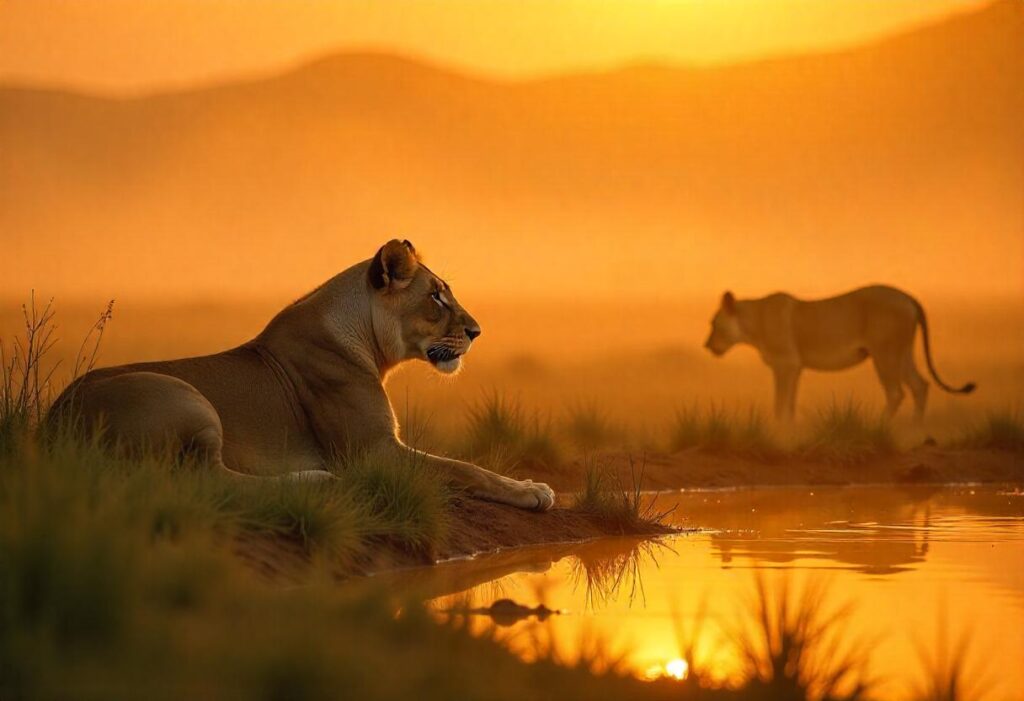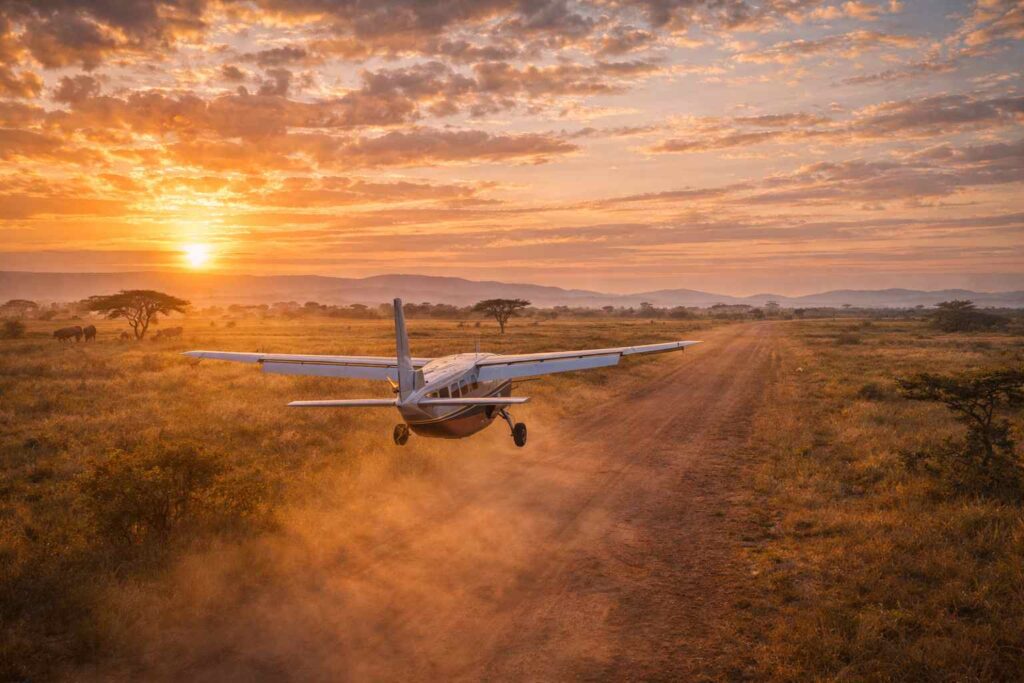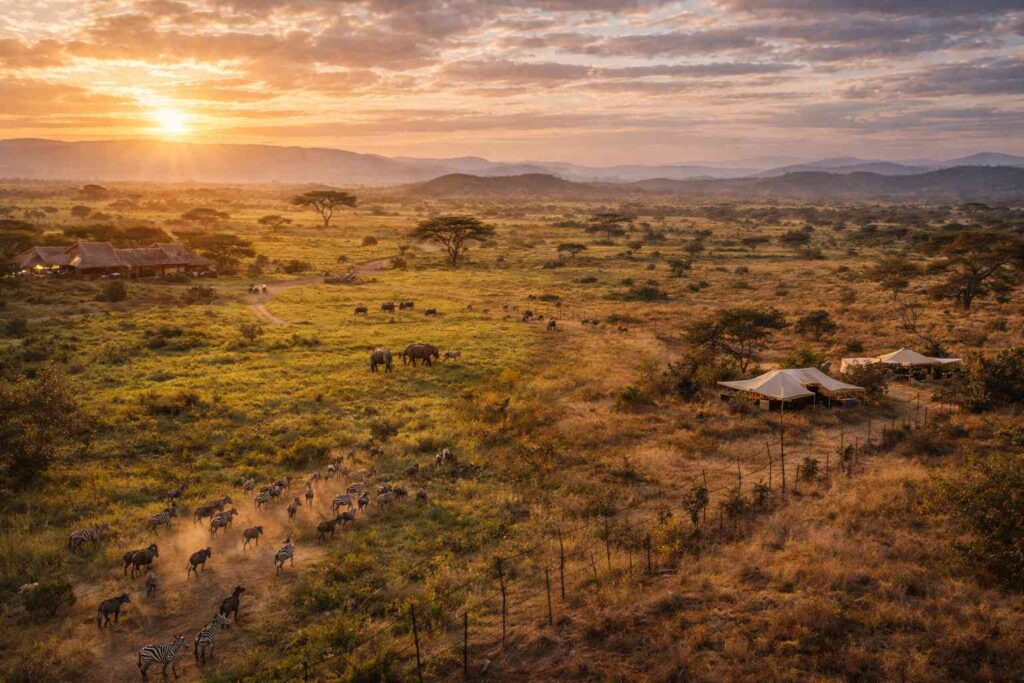Going on a safari isn’t just about witnessing majestic wildlife—it’s also a powerful way to contribute to conservation. Many safari experiences directly benefit local ecosystems, support anti-poaching efforts, and empower surrounding communities. But how exactly does your trip help protect the animals and landscapes you came to see?
Let’s explore the real-world impact of safari tourism and how you can make sure your adventure supports lasting change.
Why responsible tourism matters for wildlife conservation
When done responsibly, safaris play a key role in protecting Africa’s biodiversity. Safari tourism generates funding, jobs, and awareness that support protected areas and local economies.
Economic incentives for wildlife protection
National parks and private reserves rely on tourism revenue to maintain operations and pay rangers, guides, and conservation staff. The more visitors they attract, the stronger the incentive to keep wildlife safe.
Funding anti-poaching programs
A portion of safari fees often goes toward anti-poaching patrols, surveillance technology, and legal enforcement—critical tools in protecting endangered species like rhinos, elephants, and big cats.
Community involvement and long-term sustainability
Conservation success hinges on local communities. When people living near reserves benefit from tourism, they are more likely to protect wildlife rather than poach or encroach on habitats.
Supporting community-owned conservancies
Many safari operators partner with local tribes or villages to create conservancies, giving residents a stake in tourism and wildlife protection. Revenue-sharing and job opportunities create a sustainable model.
Education and empowerment through safaris
Some camps and lodges fund education programs for youth, offer training for conservation careers, or support female empowerment in tourism roles—amplifying the impact of each traveler.
Choosing a safari operator that prioritizes conservation
Not all safaris are created equal. Here’s how to make sure your experience actively supports the cause:
Look for eco-certifications and responsible travel policies
Operators with clear sustainability credentials—such as Fair Trade Tourism or Travelife—tend to contribute meaningfully to conservation efforts.
Ask where your money goes
Transparent operators will share how your booking supports anti-poaching units, local communities, or wildlife research.
Conservation initiatives you’re helping fund
Here are a few standout examples of what safari tourism supports:
- Rhino rehabilitation programs in South Africa
- Elephant collaring projects in Botswana for migration tracking
- Habitat restoration efforts in Kenya’s Maasai Mara
- Ranger training programs across Tanzania and Zimbabwe
How to maximize your impact as a traveler
Beyond choosing a responsible tour, there are small actions that can increase your contribution:
- Minimize waste and carbon emissions during your trip
- Tip local guides and staff fairly
- Avoid buying products made from wildlife
- Share your experience to raise awareness
FAQs about safaris and conservation
It varies, but responsible operators often allocate 20–40% of your fees to conservation and community projects.
No. Some prioritize profit over protection. Look for eco-lodges and operators with clear conservation commitments.
Both can support conservation, but private reserves often offer more targeted conservation projects and lower visitor density.
Yes, many organizations offer conservation volunteer programs or accept donations. Ask your tour operator for suggestions.






